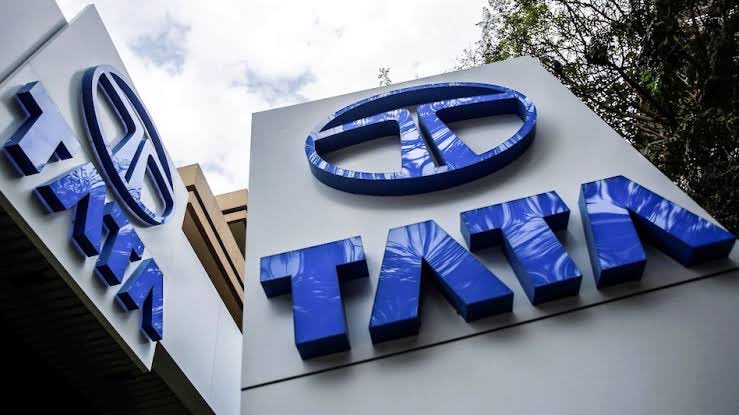
Southwest Airlines (WN), traditionally a domestic U.S. carrier, is preparing to launch its first transatlantic route with service to Reykjavík, Iceland (KEF), potentially starting as early as 2026. This move marks a significant expansion beyond its usual short-haul and domestic markets.
The airline has secured a codeshare partnership with Icelandair (FI), allowing it to offer tickets not only to Iceland but also to additional European destinations via Icelandair’s network.
Leveraging Iceland’s strategic location as a transatlantic hub, Southwest aims to provide its customers with new international travel options without acquiring new aircraft, utilizing its existing Boeing 737 MAX fleet capable of flying from cities like Baltimore (BWI) to Reykjavík.
This expansion aligns with Southwest’s loyalty program goals, offering Rapid Rewards credit card holders attractive redemption opportunities for travel to Iceland and onward to Europe.
The strategy echoes Southwest’s previous successful expansion into Hawaii, driven by credit card incentives.
However, Southwest faces challenges entering the competitive and seasonal European leisure market. Its no-frills service model lacks international amenities such as first-class cabins, in-flight meals, and seatback entertainment, which may limit appeal on long-haul routes.
Additionally, operational complexities from interlining with Icelandair, including baggage handling and scheduling coordination, could impact costs and margins.
Despite these hurdles, Iceland represents a manageable first step for Southwest’s cautious international growth, potentially paving the way for future expansion through similar partnerships while maintaining its core low-cost identity.



.jpg)











































.jpeg)
.jpeg)
.jpeg)











.jpg)



